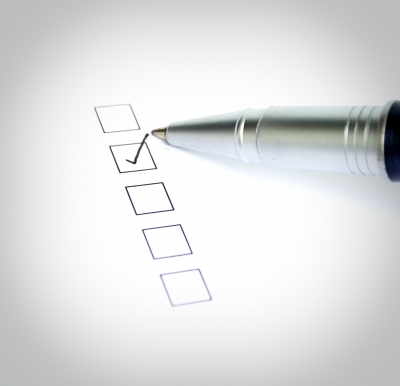Living in an area that is hurricane prone means being ready if disaster strikes. But that shouldn’t just be having a few steps in place to protect you and your property when the local weatherman warns of an impending hurricane. Instead, the wisest hurricane safety strategy is to start early – before hurricane season – so you enjoy a sense of calm and readiness to face even a Category 5.
Hurricane shutters should be the first product on your shopping list for the year. These are not wooden shutters; they are fabric shutters that you put up before the hurricane and take down when the weather improves. The benefits of fabric shutters are that you can have them customized to fit your windows and doors that are exposed to rain and wind. They are Category 5 wind and rain resistant, 100% UV resistant, light, easy to store away, and quick to install. The best brand to choose would be the patented Armor Screen, which can be used even if battered by airborne debris and strong winds.
The next step would be to go over your insurance coverage. If you buy these hurricane panels or other safety enhancements like impact glass, your insurance company should know about it because it will be considered when you renew your insurance. You could probably get a lower assessment on your insurance and pay lower premiums.
Once a year, you should take inventory of the contents of the house in case you need to file an insurance claim; take photos to help document what you own. You should also consider investing in a safety security box where you can store your precious jewelry and documents as well as receipts.
Step 3 in preparing your home to be hurricane-ready would be to buy hurricane straps for outdoor items like gardening equipment, for your roof, car, and other heavy items. The straps should be bolted down to a permanent, immovable concrete slab.
The final step would be to prepare food and water as well as the necessary tools needed in case of a power outage. Keep the kit stocked with a flashlight, rope, medicine, can opener, canned food, batteries, first aid kit, toiletries, plastic tarp or extra fabric shutters, and blankets. You should also prepare your family for the worse possible scenario just in case it happens. In many instances, the trauma of living through a hurricane can be lessened with proper orientation. Being prepared is not a one-man job. Discussing the possibilities with children old enough to assist you is part of helping your family face possible climactic events beyond your control.
Our team of experienced weather protection specialists will evaluate measurements and provide you an estimate. Simply fill out the request form to get started!




